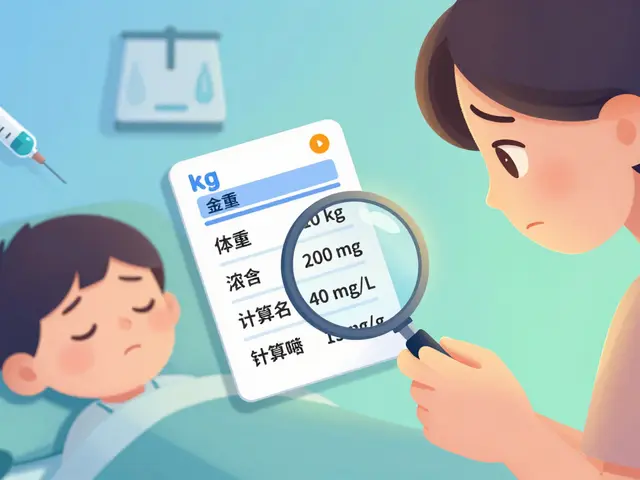Electrolyte Balance: What It Means and How to Keep Yours Steady
Electrolytes are minerals like sodium, potassium, calcium, magnesium and chloride that help your nerves, muscles and organs work. They move in and out of cells to control hydration, heartbeat and muscle function. When levels get too high or too low, you notice it fast—fatigue, muscle cramps, dizziness or an odd heartbeat.
Quick signs and common causes
Watch for sudden cramps, weakness, lightheadedness, confusion or fast/irregular pulse. Thirst and low urine output can point to dehydration and sodium problems. Vomiting, diarrhea, heavy sweating, or intense exercise without replacing fluids often causes imbalances. Prescription drugs matter too—diuretics, some blood pressure pills, laxatives and insulin changes can shift electrolytes. Kidney issues and certain endocrine problems also disrupt balance.
Different electrolytes show different symptoms. Low potassium causes weakness, constipation and fainting risk. Too much potassium can trigger dangerous heart rhythms. Low magnesium brings cramps and anxiety. Low calcium makes muscles twitch or feel numb. That’s why one symptom doesn’t tell the whole story—tests do.
Practical fixes you can use today
If you’ve been sweating a lot or had vomiting/diarrhea, drink an oral rehydration solution (ORS) or a sports drink that lists electrolytes on the label. For mild cases, foods work well: bananas, potatoes, beans and yogurt boost potassium; milk, cheese and leafy greens add calcium; nuts, seeds and whole grains add magnesium. Don’t overdo salt—if you’re trying to recover from low sodium, follow guidance from a clinician rather than guessing at high-salt foods.
For athletes, sip fluids regularly during long workouts and include salty snacks if you sweat heavily. If you take diuretics or other meds that affect electrolytes, ask your doctor about monitoring and dietary adjustments. Supplements can help, but only when needed—too much of a single electrolyte can cause harm.
When to get checked: if you have severe weakness, fainting, chest pain, severe confusion, or ongoing vomiting/diarrhea, seek medical help. A blood test will show exact levels and guide treatment—IV fluids, prescription medications, or careful diet changes.
Small daily habits prevent trouble: drink plain water along with some electrolyte-rich foods, avoid nonstop sugary drinks, adjust intake when the weather is hot or activity spikes, and review medications with your provider. Keeping electrolytes in balance is mostly about steady hydration and a simple, varied diet. If anything feels off, a quick blood test clears it up fast and saves worry.



